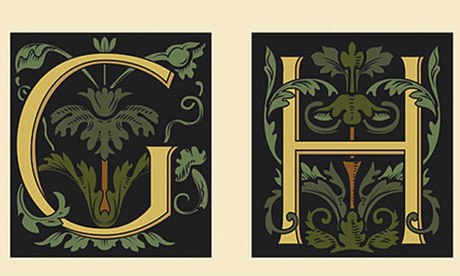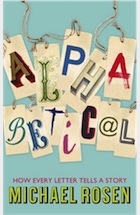"[Any] health insurance issuer that has in effect health insurance coverage in the individual market as of January 1, 2013, may continue after such date to offer such coverage for sale during 2014." - H.R. 3350
"The Administration supports policies that allow people to keep the health plans that they have. But, policies that reverse the progress made to extend quality, affordable coverage to millions of uninsured, hardworking, middle class families are not the solution."
"If the President were presented with H.R. 3350, he would veto it." - President Barack Obama
source:
Text of H.R. 3350: Keep Your Health Plan Act of 2013 (Introduced version) - GovTrack.us
STATEMENT OF ADMINISTRATION POLICY - H.R. 3350 – Keep Your Health Plan Act of 2013

